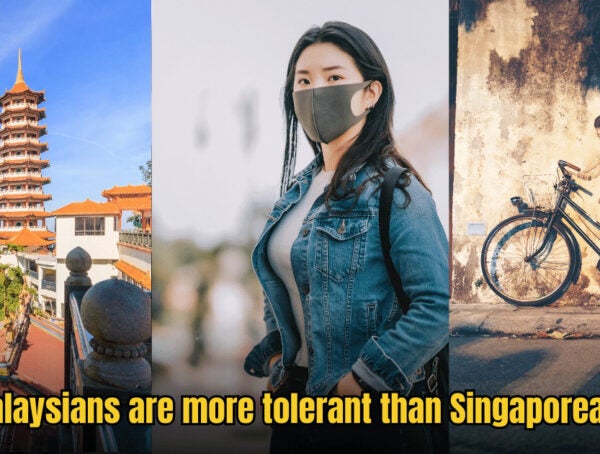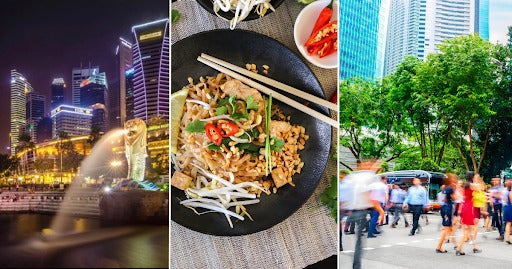Disclaimer: In Real Life is a platform for everyday people to share their experiences and voices. All articles are personal stories and do not necessarily echo In Real Life’s sentiments.
Off and on in the news our local politicians have been bringing up that the use of English is overtaking the country – not the use of English for speaking mind you, but the use of it for the names of locations.
Unfortunately, the issue is quite complicated. We have to take into account why English is such a desirable language, and the sociohistorical context that has created the situation.
Let’s take a look at some of the factors involved, shall we?
1. The British colonisation
For most of Malaysia’s history, we were colonised by the British, achieving independence only in recent memory. My grandmother, for example, is older than Malaysia. Famous kopitiam Yut Kee is also older than Malaysia, as are many of our landmarks.
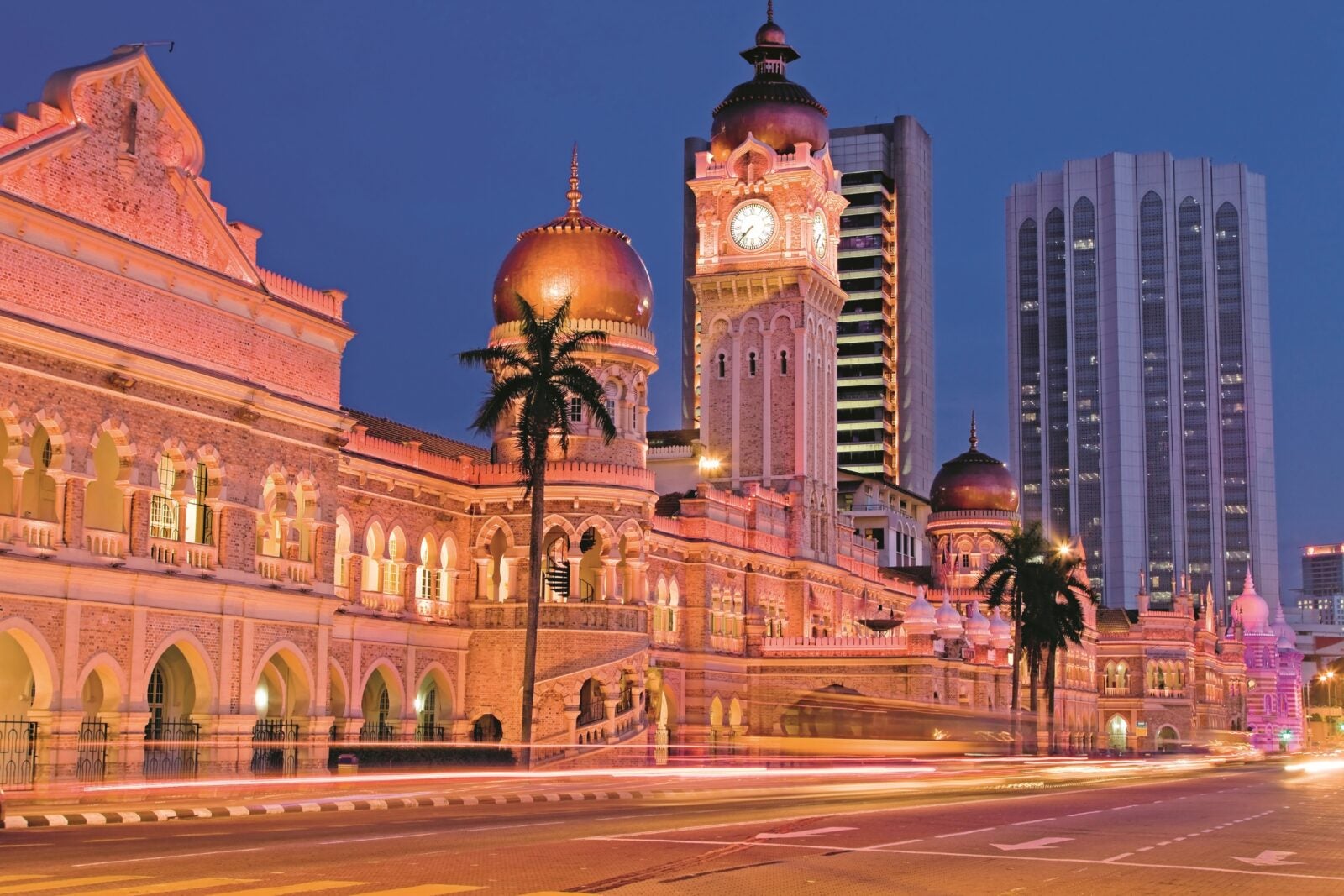
The colonising country often marks the colonised country indelibly. Look at our neighbouring countries who were colonised as well: the Philippines was ruled by the Spanish and Tagalog has various Spanish-isms that were introduced to it as a result; Vietnam had the French and they left their mark on both the Vietnamese language and cuisine; and so on.
Unfortunately, there is a Malaysian mentality that does associate the English language with the higher class.
Kua Kia Soong, a former MP for PJ from 1990-1995, had this to say:
“Our history of British colonisation seems to have produced “comprador intellectuals and officials” among the middle class who consciously or subconsciously uphold a view that what’s Western is better, and that whiteness is desirable.
Just look at the numerous billboards along the highways promoting “whitening cream”. Franz Fanon was right about our post-colonial psyche being fractured by Western cultural domination.
Do we really know who we are? Isn’t it high time we reclaimed our rich cultures and ancestries?
Certainly, adopting Western names erases our identity and reinforces a colonial worldview steeped in racism.”
2. Malays themselves are prouder of their English fluency and reject BM
A bunch of Malays I am acquainted with often state that they did badly in their BM papers, earning Cs or Ds for their proficiency in the language. They mostly speak English even at home, and with their friends. This is something that I’ve noticed that they’re quite proud of.
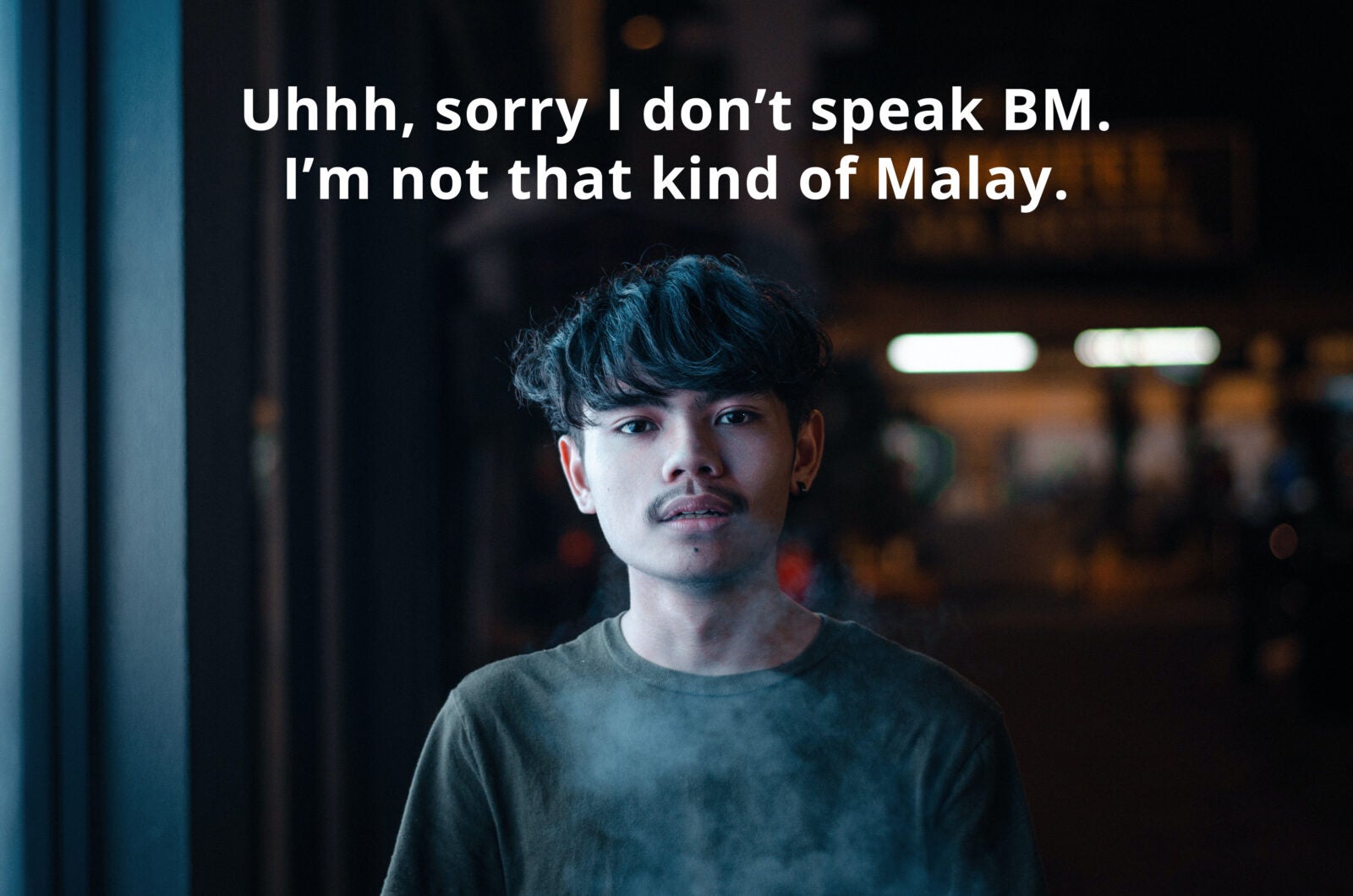
It seems to be almost a mark of status, a view that screams “I’m better than Malays that speak Bahasa”, from what I’ve observed. But then again, this seems to be a universal phenomenon.
Chinese people that speak English are also viewed as higher class, and Indians that speak English are more socially accepted compared to those who speak Tamil/Hindi/etc.
This association is also part of a more global issue: the increased use of English and the position of English as the lingua franca of the world has led to the erasure of other cultures.
BM is just another one of the casualties.
3. The politicians calling for BM to be more widely used – are they themselves walking their talk?
Nazri Aziz, the politician that brought this whole thing up (recently, at least), is known for his child being born in France and also going to school in France (and not even for a degree, but for kindergarten).
Oh and in case you forgot, his kid’s name is Jean Pierre Azize.
At this point, you’ve got to ask yourself – his kid’s name isn’t Malay, his own degree is from the UK, his family practically lives in Paris (you can check out his wife’s IG here, where she posts photos of their life in France)… so why is this a cause he’s decided to champion?
4. The imperialism of Western media
The Malaysian performance scene is extremely underfunded and undervalued. Because of this, many Malaysians turn to Western media, which is comparatively higher quality and very accessible.
It doesn’t help that the Malaysian youth are increasingly disinterested in Malaysian media because of the low quality (think about those dramas that all have plots that revolve around rape for dramatic effect), or the high quality (or even thought provoking) stuff being censored or banned despite international accolades.
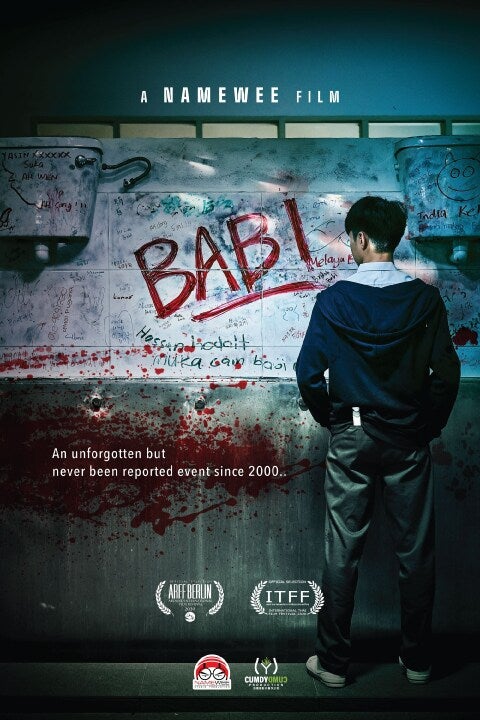
Even Malaysian music is sounding more and more like it’s being ripped off US mainstream music: look at our local bands with names that are US-centric like Dolla, or even how often local RnB uses blaccent or AAVE. Fans of hip hop and RnB claim that this comes with the territory – after all, these genres were created and influenced by Black people: except that Black people have said they do not enjoy the use of their culture by non Black people. Malaysians simply do not give other cultures the respect that they demand.
Sadly, this also looks like it has reduced the use of Manglish online and in our media, despite it truly being our culture as it is composed of the different languages that locals speak.
5. Gentrification, and/or urban colonialism
Gentrification is a process in which a lower income/status place with its own culture and atmosphere becomes increasingly populated by the wealthy. You often see more rich people opening “Instagrammable” cafes and stores in these places, pushing out the poor people who have lived in the area for years, and who have given the area its unique flavour. This happens through the increase of prices in the area that happens as the area becomes more and more associated with the wealthy.
An example of a place this has happened to is Petaling Street or Chinatown: the opening of stores like Concubine and so on to cater to richer people and the expat communities capitalises on the identity of the location, but minus the poor people.
Twitter user @aziff90 who identifies as an independent researcher, goes into this phenomenon, but distinguishes gentrification from urban colonialism.
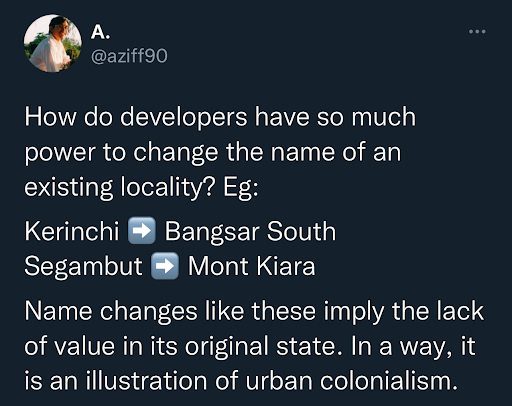
They go on to explain what urban colonialism is in another one of their tweets:
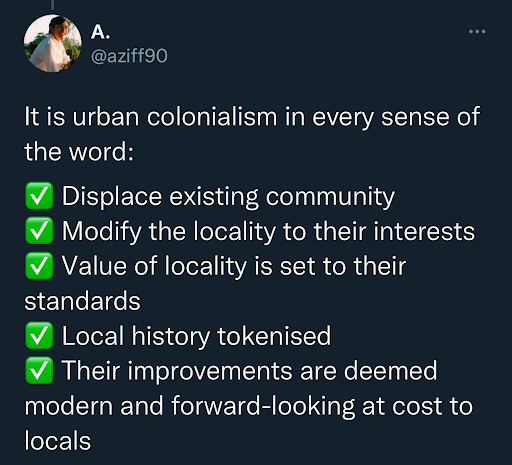
Whatever your stance, you have to agree that the issue is understandably complex.
It is influenced by the historical context that centuries of colonialism offers us, and one has to wonder if this is one of those issues that is brought up politically and never addressed adequately: politicians see it as simple as people naming things in English but how much does the average Malaysian actually have to do with it?
It’s not like our average Ali is out there changing the names of places willy-nilly. We just don’t have that kind of power.
And though it’s an issue that affects the ordinary people, it’s something that those higher up have to do something about.
Preferably without having to go abroad.
For more stories like this, read: White Privilege Exists in Malaysia & Here’s Why We Need to STOP Worshipping Them, Expats in Malaysia Benefit From White Privilege at the Expense of Locals — Here’s How, and 5 OTHER Times Malaysian Politicians Became #KemaluanNegara.
You might also like
More from Real People
‘A RM100 fee cost a company 5 years of revenue’ shares M’sian
This story is about a Malaysian who learned that bureaucracy can be defeated simply by not arguing with it.A billing …
‘I quiet-quit, upskilled, and tripled my salary,’ shares M’sian engineer
This story is about a Malaysian who learned that loyalty without leverage leads nowhere in the corporate world.After years of …
‘I did everything right, and it still wasn’t enough’ shares M’sian graduate
This story is about a Malaysian graduate navigating big dreams in a job market where a degree no longer guarantees …







